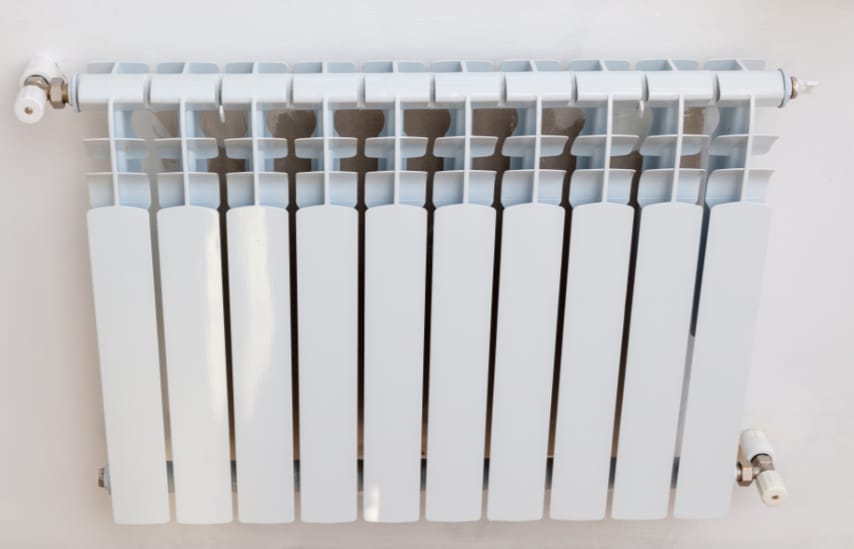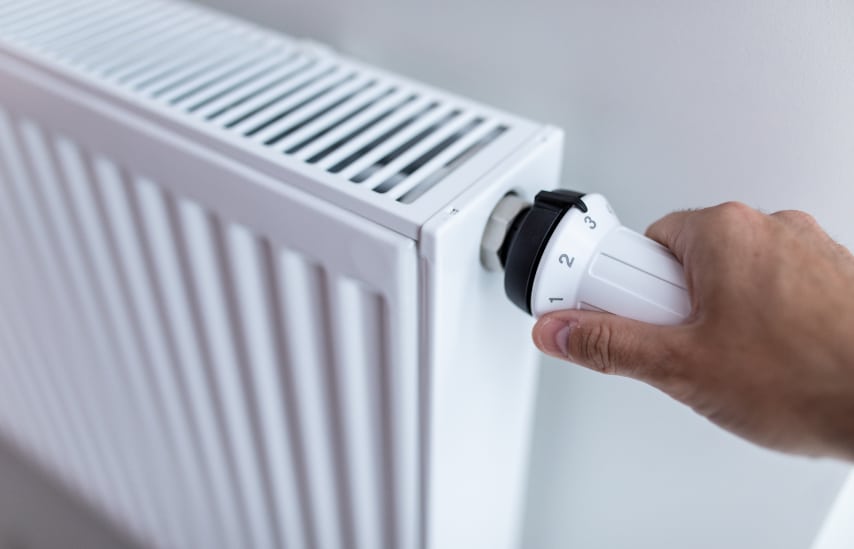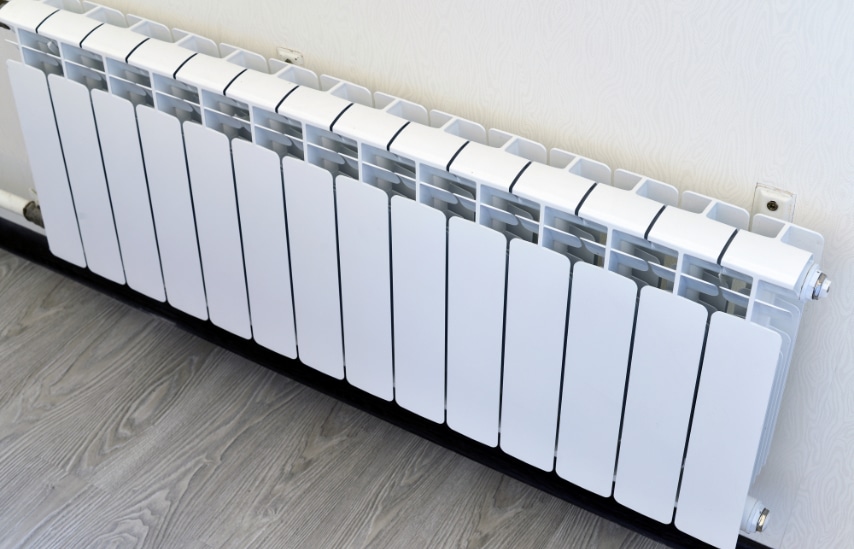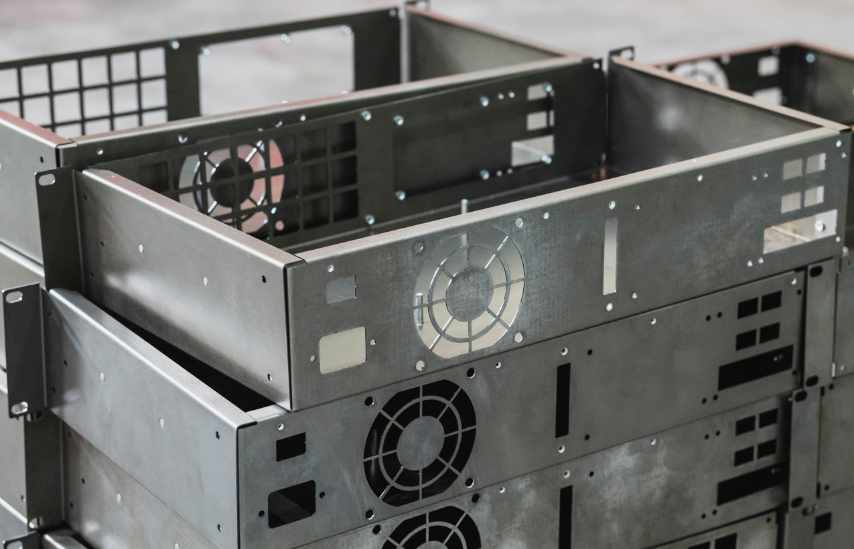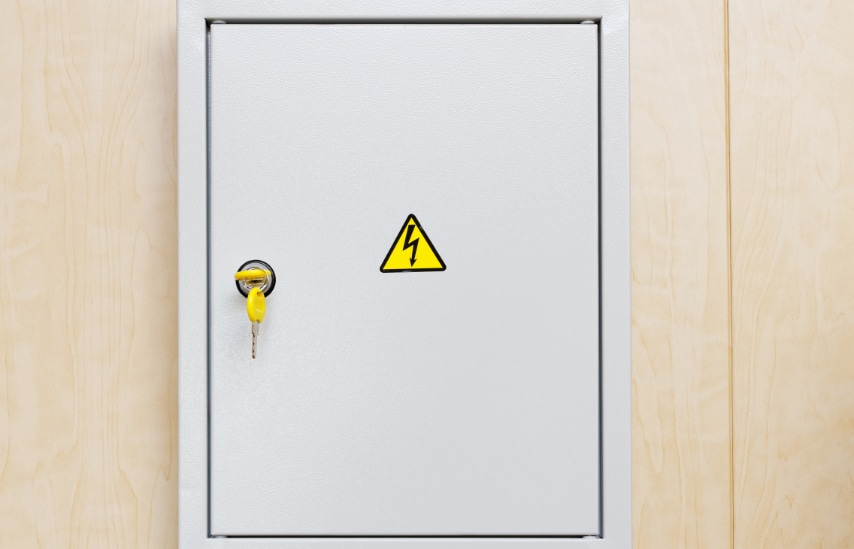Low surface temperature radiators, also known as LSTs, are purpose-designed radiators that do not exceed an exterior temperature of 43°C. Radiators such as these are specifically used in establishments and environments where safety is paramount, including schools, nurseries and care homes. Manufacturers of LST radiator systems have duty of care to provide safe heating and reduce potentially dangerous exposed surfaces in educational environments, school premises, NHS facilities and other public buildings.
Advantages of Low Surface Temperature Radiators
There are numerous benefits to having LST radiators installed in public buildings and around the home. First and foremost, LST radiators offer enhanced safety as they maintain a lower surface temperature than traditional radiators. This feature is especially important for schools, hospitals, care homes and other establishments with vulnerable people. The safety features on LSTs reduce the risk of burning when people come into contact with them.
Low surface temperature radiators are also renowned for their energy efficiency. In fact, LST radiators require around 30% less energy to heat a room compared to traditional radiators. Similarly, LST radiators are much more efficient than underfloor heating, which can take up to eight hours to reach its maximum heat output. The energy efficiency of LST radiators can, therefore, keep running costs down in larger buildings, whilst maintaining health and safety
A healthier indoor climate is also created when LST radiators are used due to antimicrobial technology which can reduce the growth of bacteria on the surfaces and inside the radiators. Creating better air quality inside hospitals, schools and nurseries is particularly important to reduce the spread of viruses and infections.
The Need for Regulations
Low surface temperature radiator regulation is clearly very important as it helps to protect people, prevent serious burns and avoid injuries. If the design and manufacturing of LST radiators is not closely adhered to by the known standards and regulations, you run the risk of causing harm wherever they are installed. Meeting the current regulations and standards of metal enclosures is important as it ensures that all known legal legislations are met during the manufacturing process.
Other Legislations to Consider
The manufacturing process of metal enclosures for LST radiators is affected by numerous legislations. These should be considered throughout the entire design and manufacturing process to ensure that the end product is fit for purpose and does not pose a risk to users when installed in public buildings or homes.
1 .The Construction Products Regulation (CPR) 2011
The Construction Products Regulation, or CPR, requires all construction products to have the CE marking to make sure their products meet the European product standard. This includes meeting all of the relevant safety and performance standards whilst manufacturing metal enclosures.
2. The Low Voltage Directive 2014/35/EU
The Low Voltage Directive also called the LVD, ensures that all health and safety risks are covered in relation to equipment in certain voltage ranges. This includes metal enclosures that are used to house electrical components. All specific safety requirements must be met before these household appliances and electrical equipment items are sold in the EU. The Low Voltage Directive applies to everything connected to the public supply network.
3. The Machinery Directive 2006/42/EC
The Machinery Directive applies to all safety components and machinery and ensures it is designed and constructed with the relevant safety standards in mind at all times. This includes the manufacturing of metal enclosures for low-surface temperature radiators.
4. The Pressure Equipment Regulations 2016
The Pressure Equipment Regulations apply to everything that falls under the category of pressure equipment, which also includes metal enclosures used to contain pressurised gases and liquids. These regulations specify that all cover pressure equipment is assembled with maximum allowable pressure above 0.5 bar. Certain safety standards for pressure equipment must also be met during the design, manufacturing and testing processes. HSE is responsible for enforcing the PER in the case of pressure equipment and assemblies being used in the workplace. Local authorities would be the ones responsible where the equipment is being used in a private capacity.
5. The Control of Substances Hazardous to Health (COSHH) Regulations 2002
This is the law that requires employers to control substances that are potentially hazardous to the health of their workers. Employers can reduce exposure to hazardous substances, including those used during the manufacturing process of metal enclosures by carrying out risk assessments, keeping control measures in working order, providing training for employees and monitoring health and safety at all times.
6. The Waste Electrical and Electronic Equipment (WEEE) Regulations 2013
This is when electrical and electronic equipment are regulated to reduce excess waste going to landfill sites and being incinerated. The regulations of Waste Electrical and Electronic Equipment, including LST radiators and metal enclosures must be disposed of in a way that is deemed to be safe, environmentally friendly and responsible. Reduction of waste can be achieved through reusing and recycling the relevant products and components.
All in all, there is great importance surrounding low surface temperature radiator regulation. Putting your trust into a supplier who adheres to all of the relevant guidelines and legal regulations is fundamental, in order to receive the safest and most efficient LST radiators in your establishment.
Similarly, metal enclosures can also help to keep people safe from harm and reduce the risk of losing small items inside the grilles. Whether they’re keeping students in a classroom safe from injury or maintaining cleaner air in a hospital, well-regulated low surface temperature radiators provide durable, efficient and safe heating solutions which can be installed easily by a trusted expert.
Here at Wrekin Sheetmetal, we follow all regulations when we manufacture products. We have experience in manufacturing LST radiators for schools. Fill out the contact form below to get in touch.
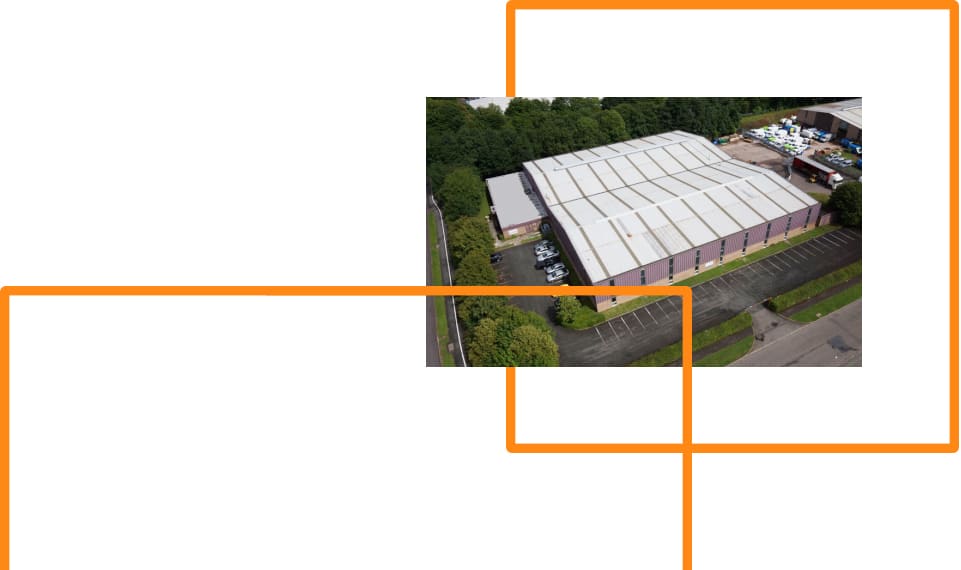
How can we help?
With over 17+ years of knowledge and experience, we’re confident we can offer a flexible solution beneficial to both parties, get in touch with us today.
